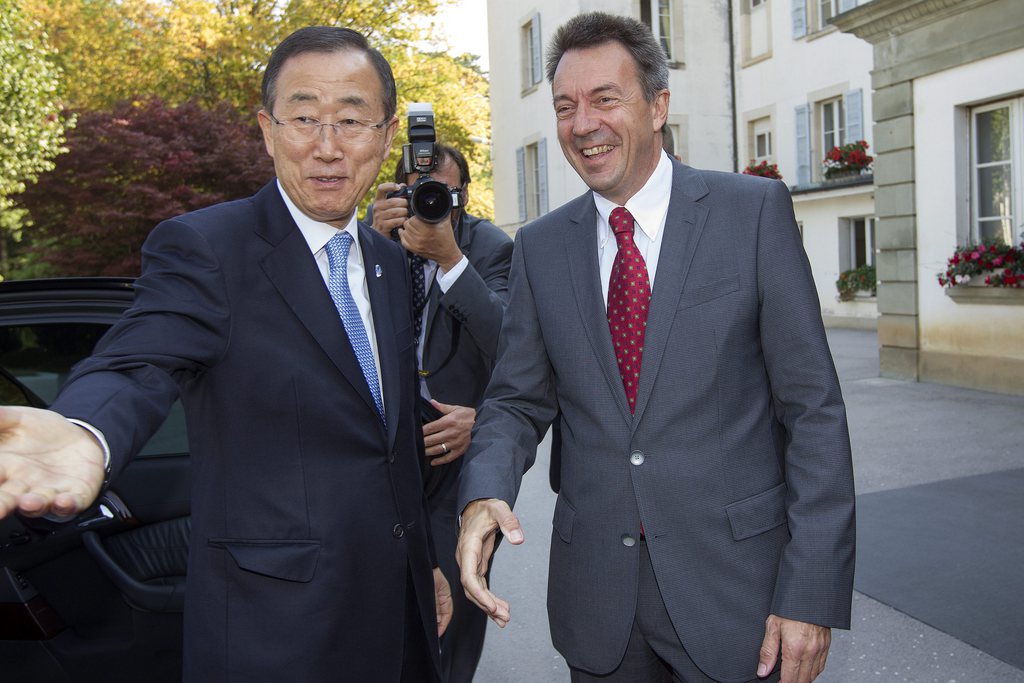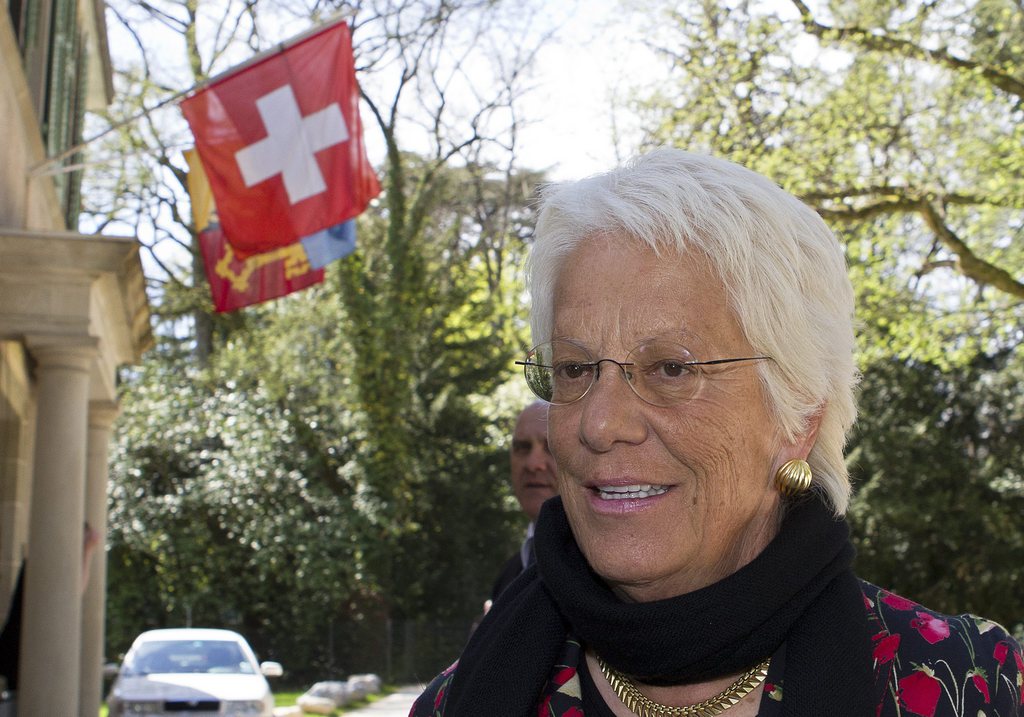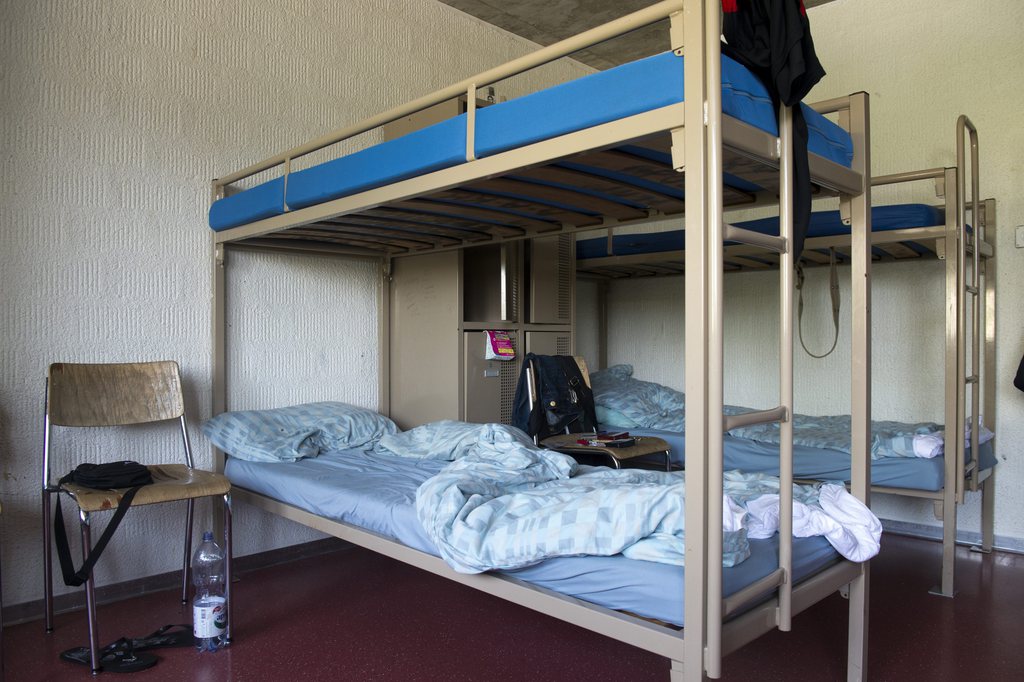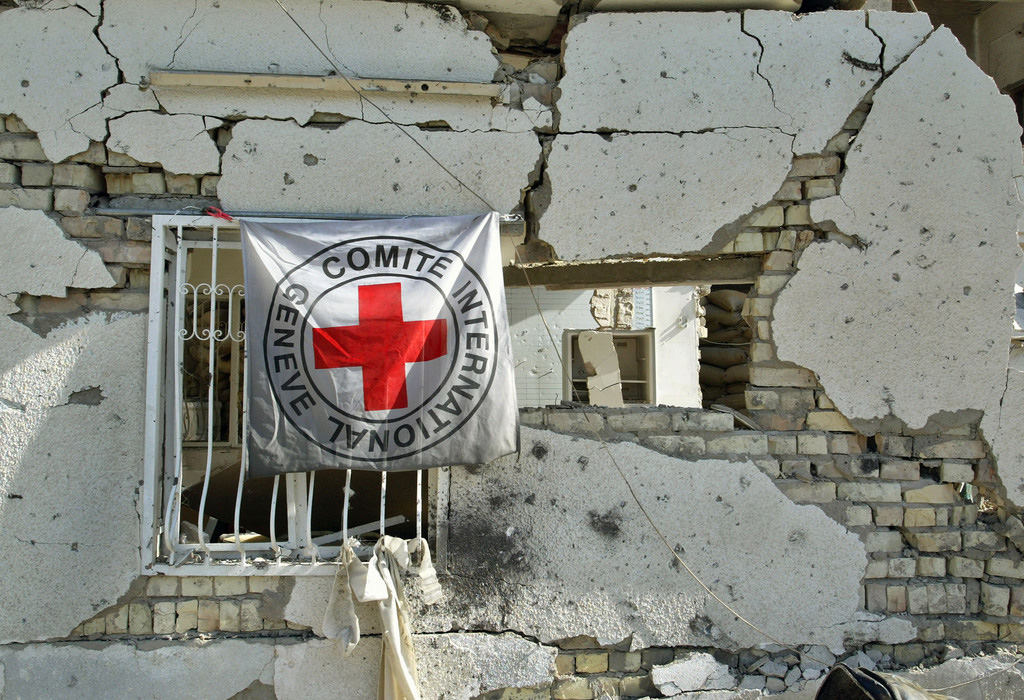Humanitarian aid not getting through in Syria

Conditions in Syria have worsened to the extent that aid workers on the ground are unable to cope with the growing needs of civilians, the International Committee of the Red Cross (ICRC) said on Thursday.
“We are in a situation where the humanitarian situation due to the conflict is getting worse. And despite the fact that the scope of the operation is increasing, we can’t cope with the worsening of the situation,” ICRC president Peter Maurer said in Geneva.
According to Maurer, the ICRC, which has up to 30 foreign aid workers in Syria, tried to exploit “cracks” in shifting combat frontlines to deliver aid to hotspots, as it had managed to do in Homs at the weekend.
But he admitted that many civilians remain out of reach, adding that there were “a lot of blank spots, we know that no aid has been there and I can’t tell you what the situation is.”
The ICRC has a “relationship of confidence” with the Syrian Arab Red Crescent, although the SARC’s Damascus branch may be closer to the government than other branches, he said.
President Bashar al-Assad has appointed a military official to act as a conduit for the ICRC to voice its concerns on the conduct of hostilities and about respect for international humanitarian law embodied in the Geneva Conventions, he said.
A Syrian opposition watchdog estimates that 38,000 people have been killed in the 19-month-old revolt against Assad.
Allegations of foul play
Maurer’s statement came a day after the Union of Syrian Medical Relief Organizations (UOSSM) alleged that Syrian troops are confiscating foreign aid and either reselling it on the black market, destroying it, or channeling it toward the treatment of government loyalists.
“When the regime attacks one of our medical facilities, whether it’s a hospital or something else, they load up everything they can carry, and they burn the rest,” Tawfik Chamaa, a Geneva-based doctor and UOSSM spokesman, said at a media conference in Geneva on Wednesday.
The ICRC and the UN World Food Programme told Reuters on Wednesday that two of Chamaa’s claims about other foreign aid being diverted were unsubstantiated. Yet the ICRC says it is taking the allegations “very seriously” and following them up with the Syrian authorities.
Because public hospitals only treat supporters of Syrian President Bashar al-Assad, the UOSSM has established 30 field hospitals, according to Chamaa.
The UOSSM, established in Paris in January, comprises some 15 volunteer relief groups and hundreds of doctors of Syrian origin.
“Dying in silence”
Pregnancy, chronic illnesses, hunger and cold are also threats to civilians in Syria.
“We have people dying in their homes from all these conditions, through a lack of health care, simply because they can’t get out and get help, even if they can afford it. And this is not included in the statistics that you hear on a daily basis, of 150-200 dead. They are dying in silence,” Chamaa said.
According to Chamaa, Syrian authorities and soldiers benefited from supply sets sent to the Syrian Arab Red Crescent (SARC) centre in Damascus.
“Whenever such facts are clearly established, which does not appear to be the case now, we treat them very seriously and address (them) directly with the management of SARC and Syrian authorities,” Anastasia Isyuk, an ICRC spokeswoman in Geneva, told Reuters in response.

In compliance with the JTI standards
More: SWI swissinfo.ch certified by the Journalism Trust Initiative




You can find an overview of ongoing debates with our journalists here. Please join us!
If you want to start a conversation about a topic raised in this article or want to report factual errors, email us at english@swissinfo.ch.